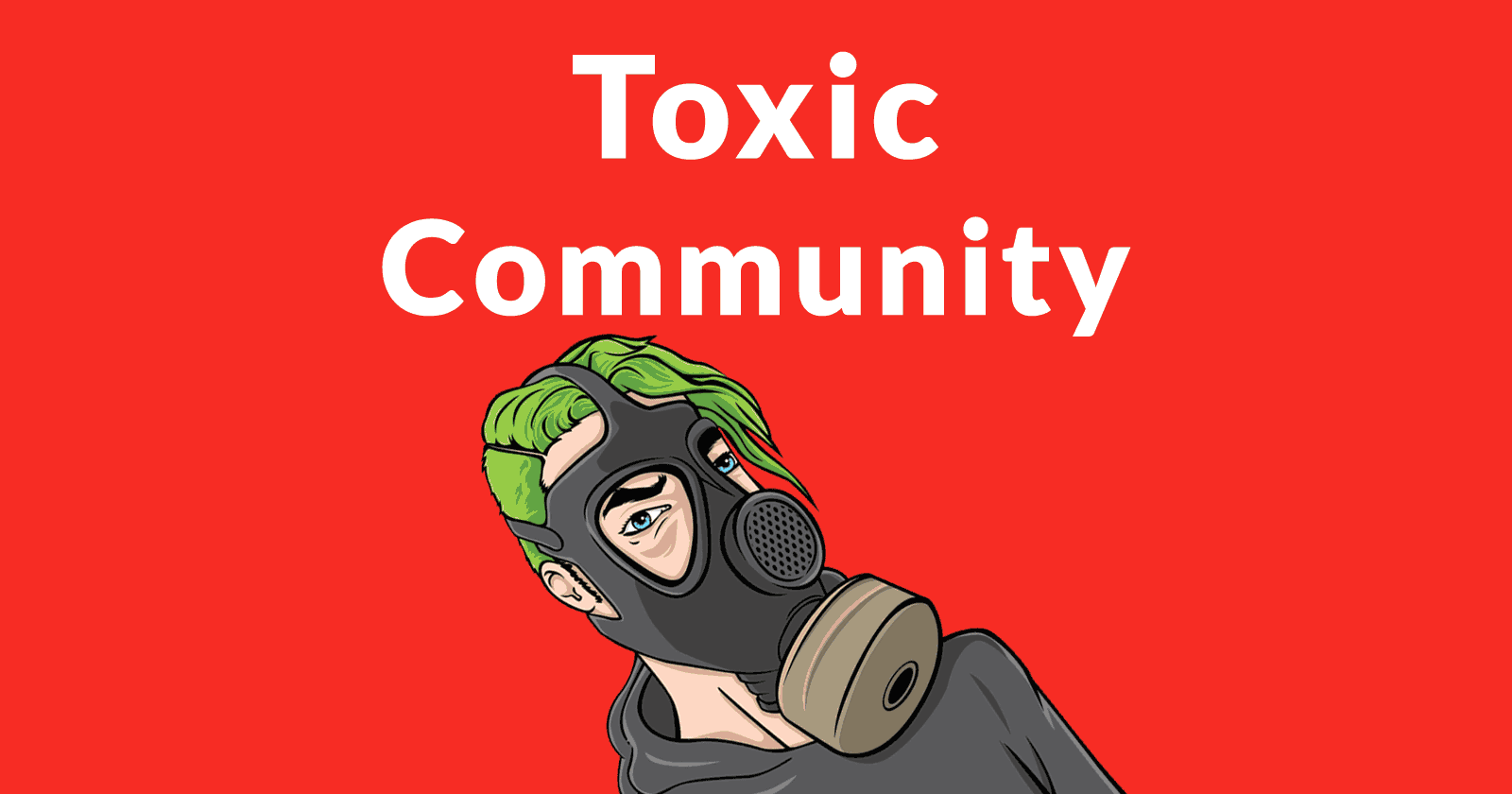Moderation Tips to Avoid a Toxic Community

Many Facebook Group administrators are experiencing growth. Without proper moderation, a community can easily slip into becoming toxic. Here are some tips for avoiding common mistakes.
I have been moderating communities since 2003, both my own communities as an administrator and as a moderator at WebmasterWorld. I have quite a bit of experience with communities, including learning from my own mistakes.
These are a few insights I learned from over fifteen years as an admin and a moderator.
Treat Members with Respect
Rule #1 for moderating a community is to never humiliate a member or make them feel remorse for participating. One of the worst things a moderator can do is to belittle a member.
The other day I saw an inexperienced moderator call a member “an ass” for questioning a moderator for posting an unsubstantiated rumor about a company.
As an impartial observer, what I saw is that the member questioned the wisdom of spreading an unsubstantiated rumor about a company without citing an authoritative source or any other documentary evidence.
The reason why calling that member an “ass” was not a good response is because it violates the first rule of moderation which is to embarrass a member.
A second reason why it’s not a good response is because a moderator should never be afraid of being questioned. Being open to criticism makes a moderator a better community leader because it helps them grow. It also teaches them to be gracious, which helps make the moderator and the community popular.
Rather than calling the member an “ass,” the moderator could have responded by acknowledging that the member raised a fair point and learning something from the exchange.
Moderators Set the Tone
Community moderators are leaders and set the temperature of the forum. Community members will take their cue from how the moderators behave themselves and model their behavior on the mods.
If the entire moderator team is on board with the rules of behavior, whether it’s a Facebook group or a traditional forum, the rest of the community will follow along with the behaviors modeled by the moderator team.
Ideally, community admins should think of the kind of community they want to host then have their moderator team model that behavior. No amount of rules will shape the tone of the community as effectively as the moderator’s example.
Define the Tone of the Community
It’s important to define the tone of the community early on. Create a document outlining what kind of community you wish to build.
The tone of the community can then be encouraged in a Terms of Service, which outlines what members can or cannot say in exchange for the privilege of being a member of the community.
Changing the Tone of a Community is Nearly Impossible
Many forum admins make the mistake early on of taking a hands-off approach in order to grow the community.
Anyone who’s read Lord of the Flies knows what happens next: The members turn the community into a dystopian nightmare no advertiser would want to touch.
Once rudeness and casual cruelty enters the community’s DNA it is next to impossible to rein it back in. Attempting to do so generally sparks a rebellion that almost always leads to the founding of competing communities.
While those communities eventually burn out the original community is sometimes left limping along.
Moderation Means Service
Without proper training, some moderators tend to heavy handed moderating. It’s a quirk of human nature that I’ve observed many times.
I’ve always advised my moderators that they are not policing the community. They are serving the community. Their role is that of a servant, not of a police.
As a moderator it is their role to encourage community, good vibes, encourage discussion and upholding the terms of service.
Moderation with a Light Touch
Community members take offense at being moderated. Editing a member’s post or deleting it altogether should be viewed as an action of last resort.
Ideally, the terms of service and moderator behavior should be steering how members behave in a community.
Depending on the tone of your community and what you want it to be, minor infractions should be dealt with in a polite manner by private message. This way one can avoid embarrassing a member.
Communities Should be Fun
Most of all, a community should be fun. The word community is defined as a feeling of fellowship with others who share the same interests. And the word fellowship is defined as friendly association with others.
In general, the moderation policies of a community should encourage those qualities of fellowship in order to ensure a good experience for the members.
And if the goal of the community is to earn advertising revenue, then a community founded on fellowship makes it a better place for advertising, as no business wishes to advertise on a community that allows racism and other foul commentary, and Google AdSense may disable ads on pages that feature negative commentary.
To recap, respect your community members, encourage the moderators to lead by example and have a plan in place for cultivating the kind of community you wish to create.


















